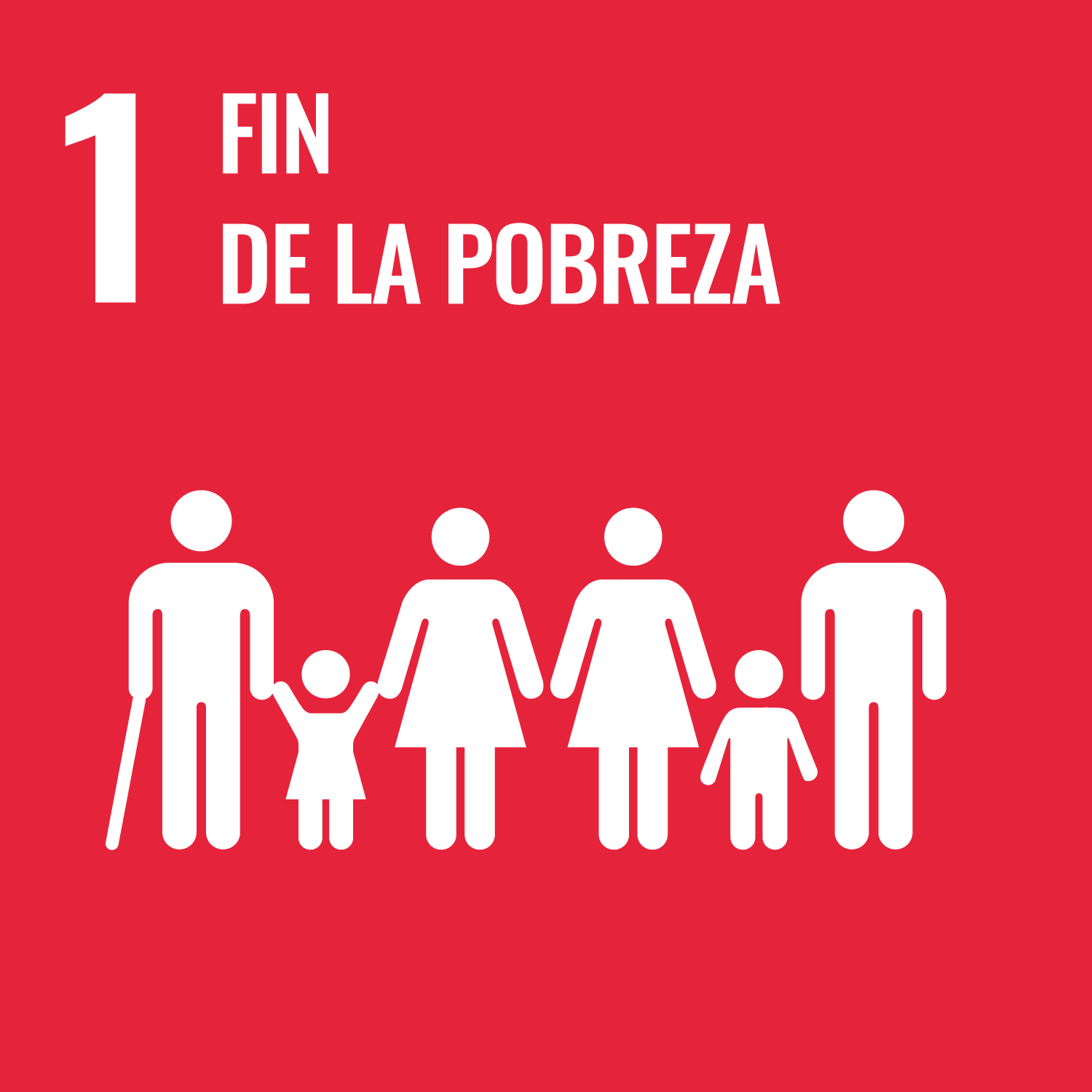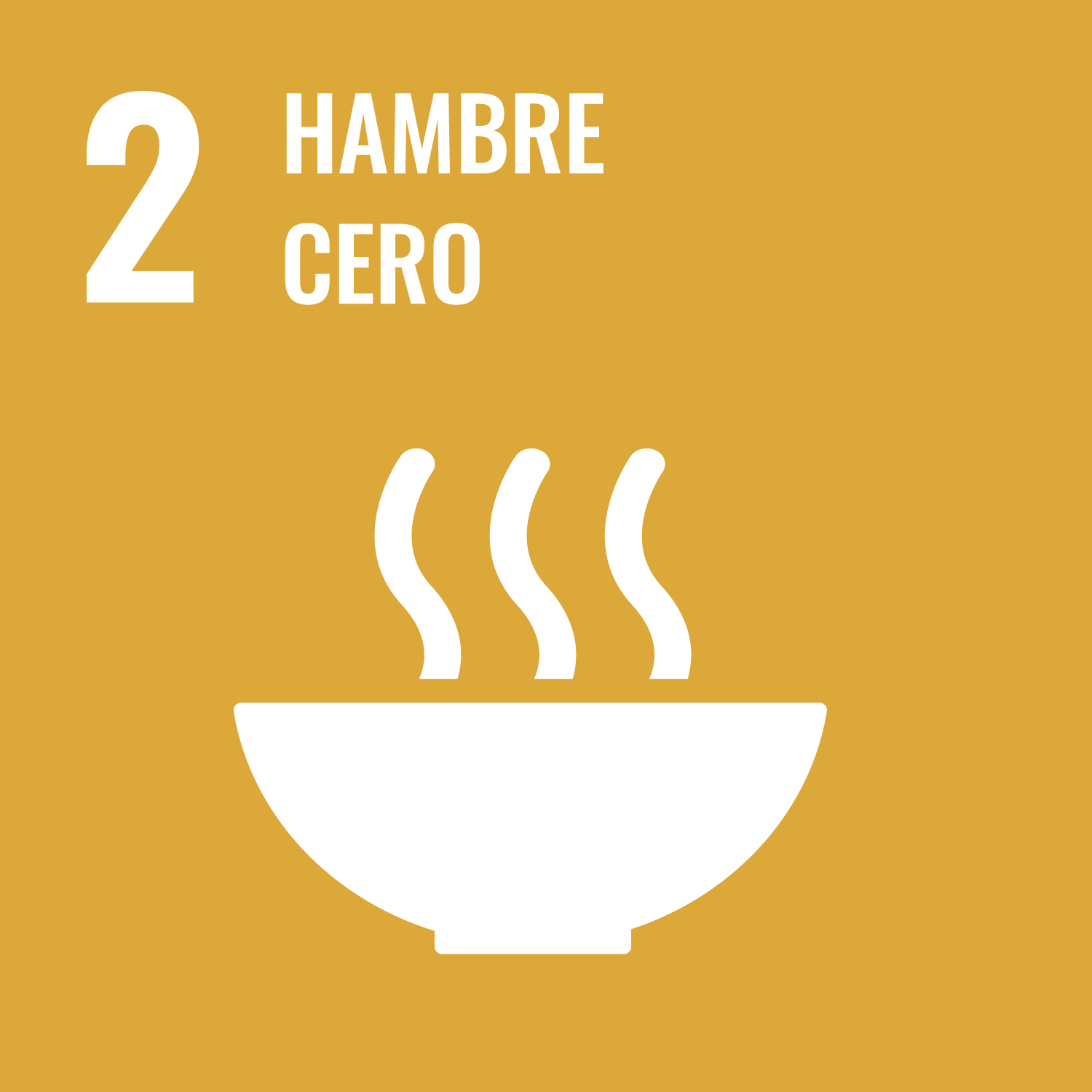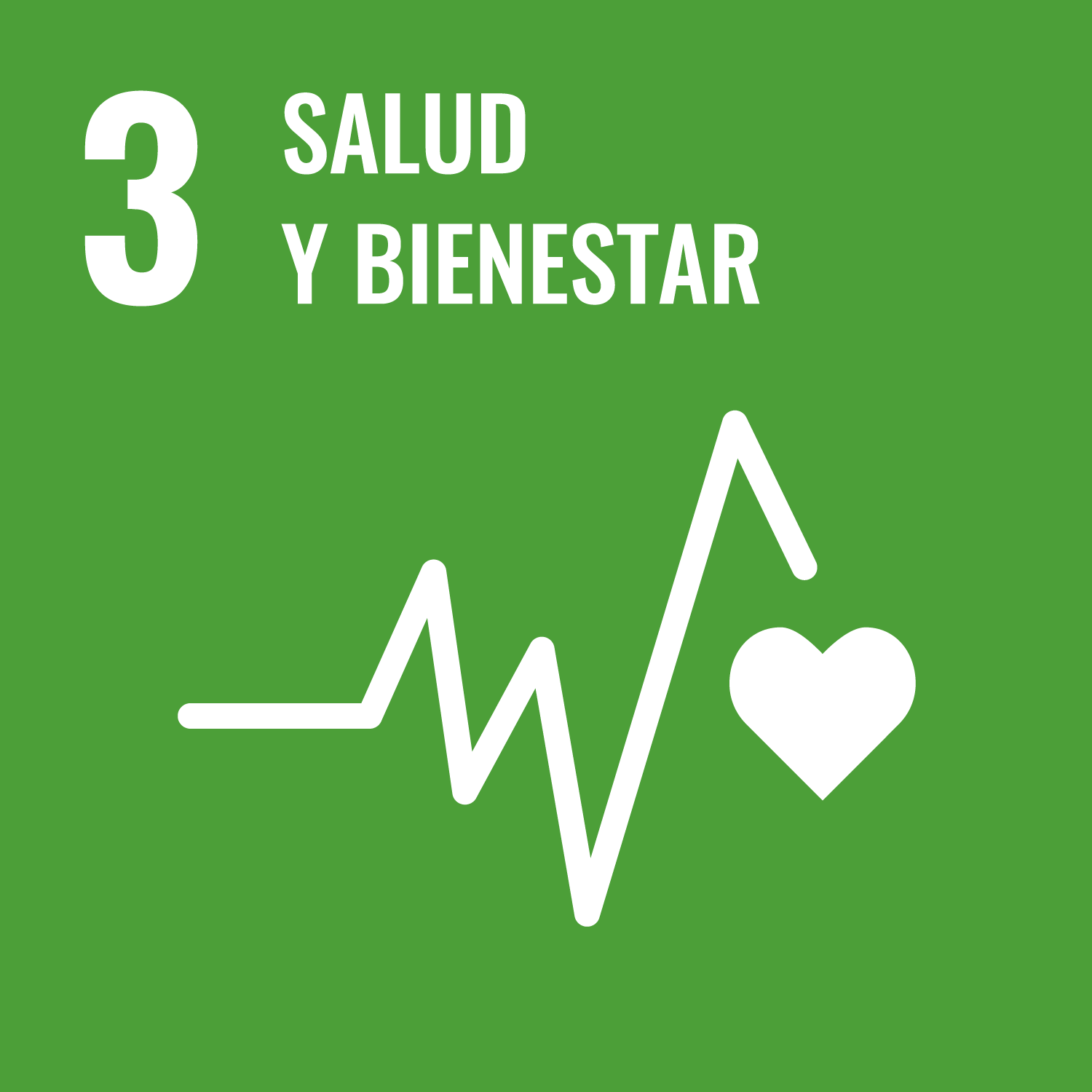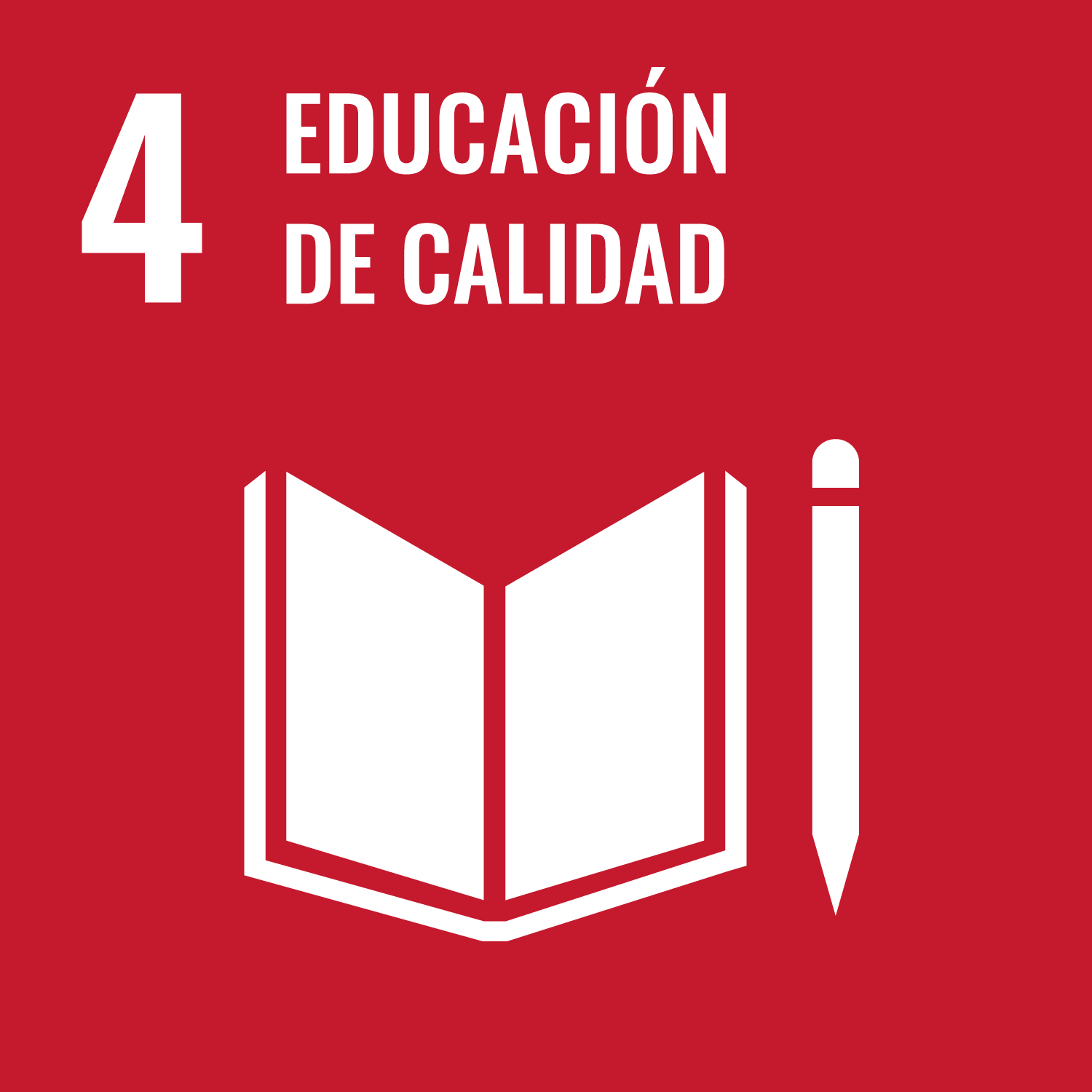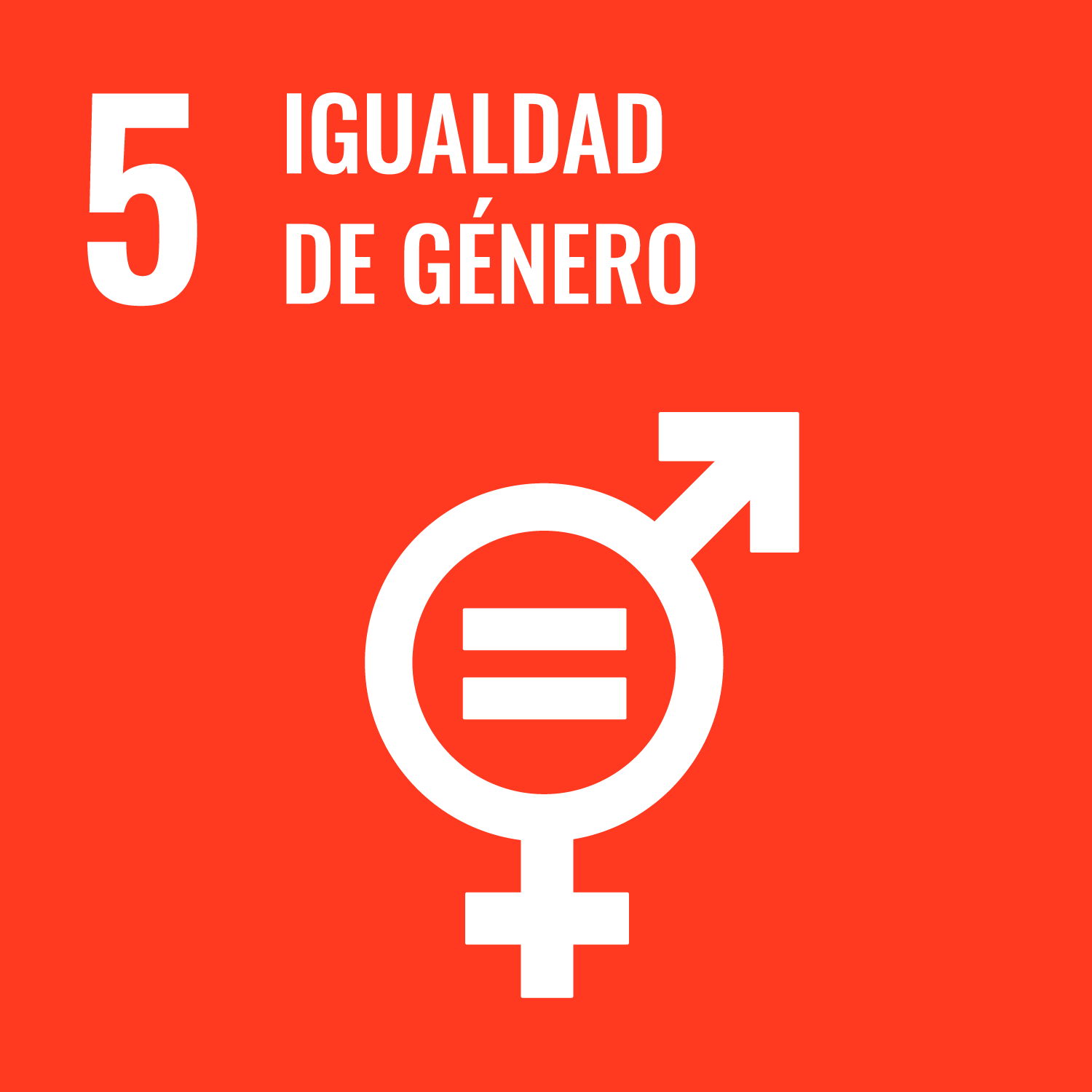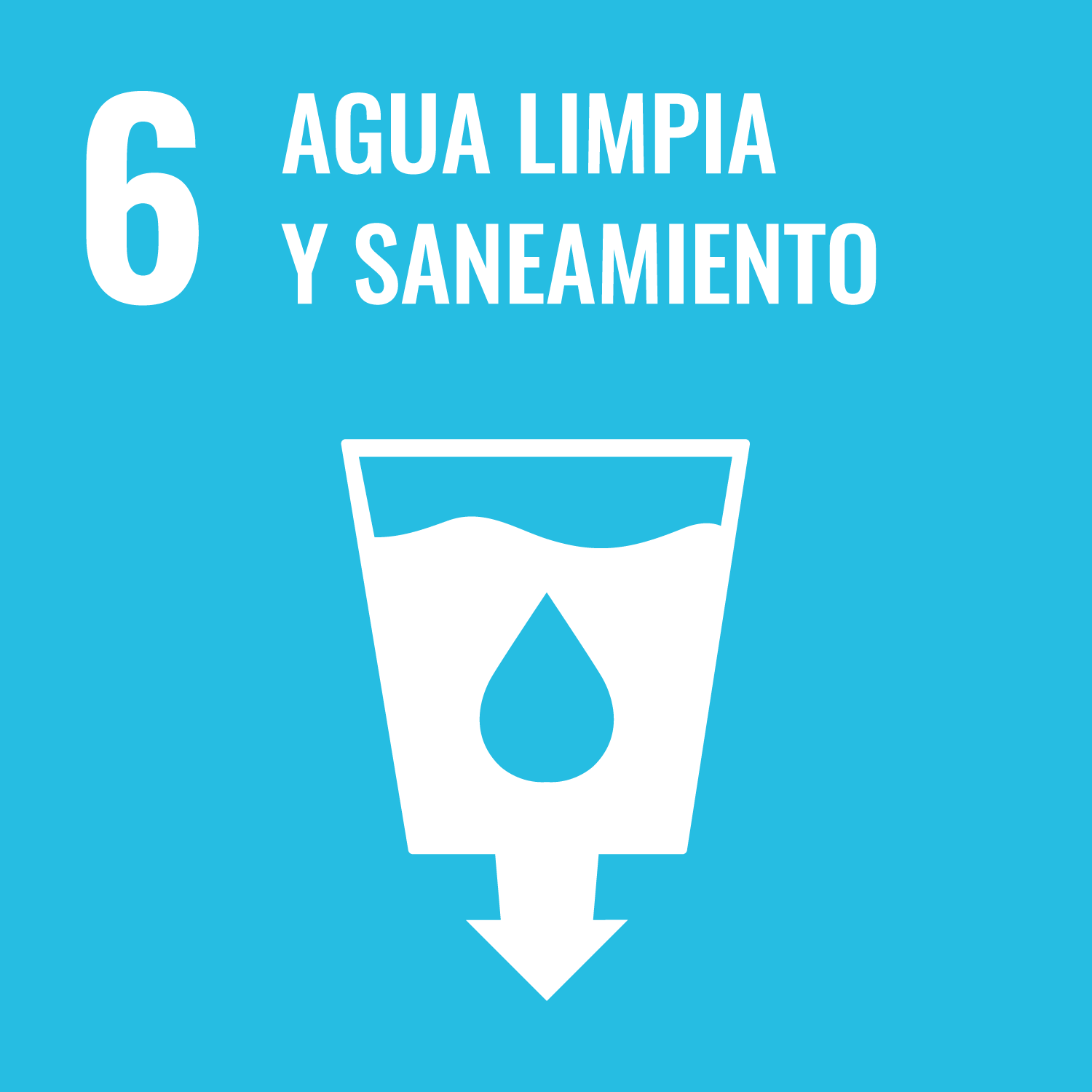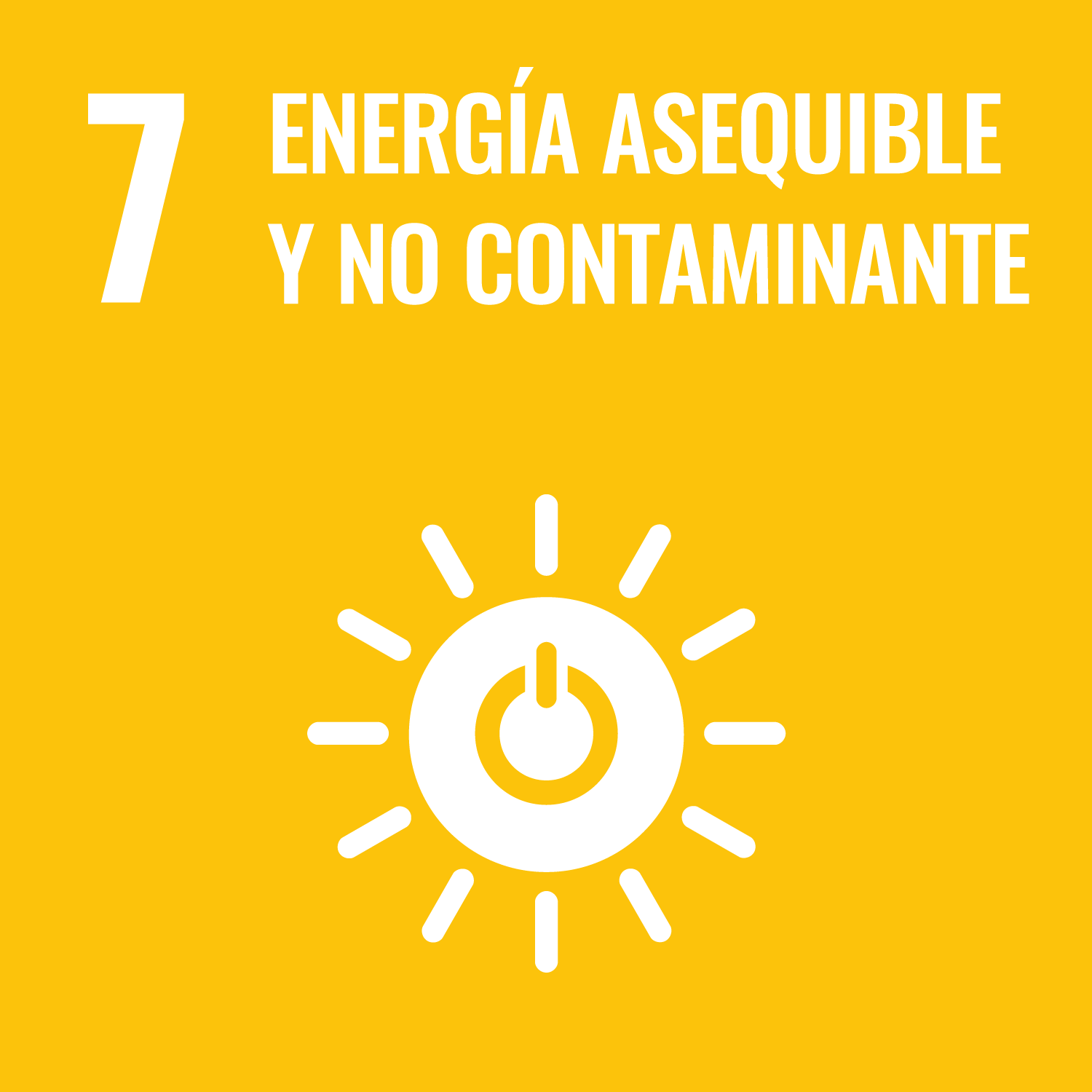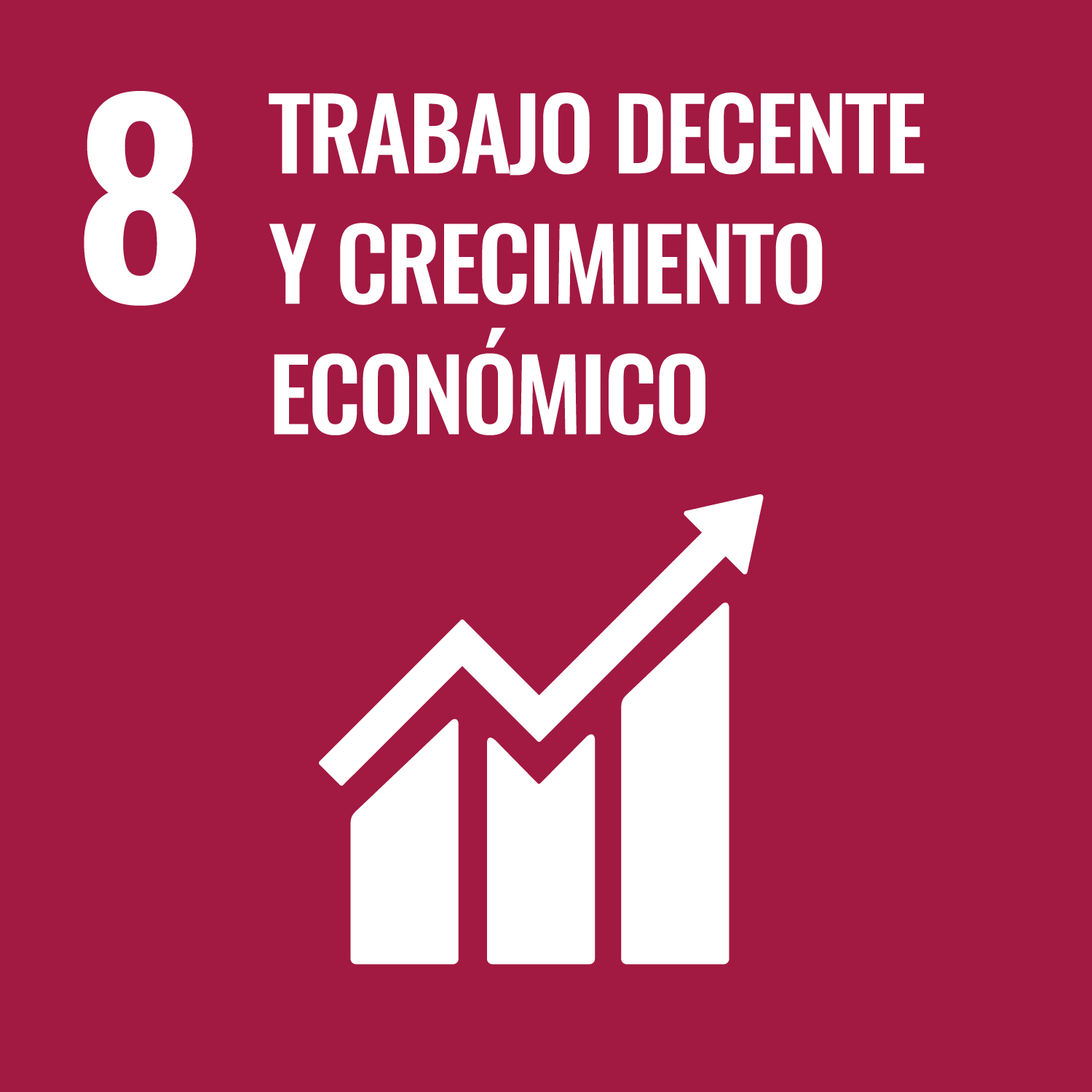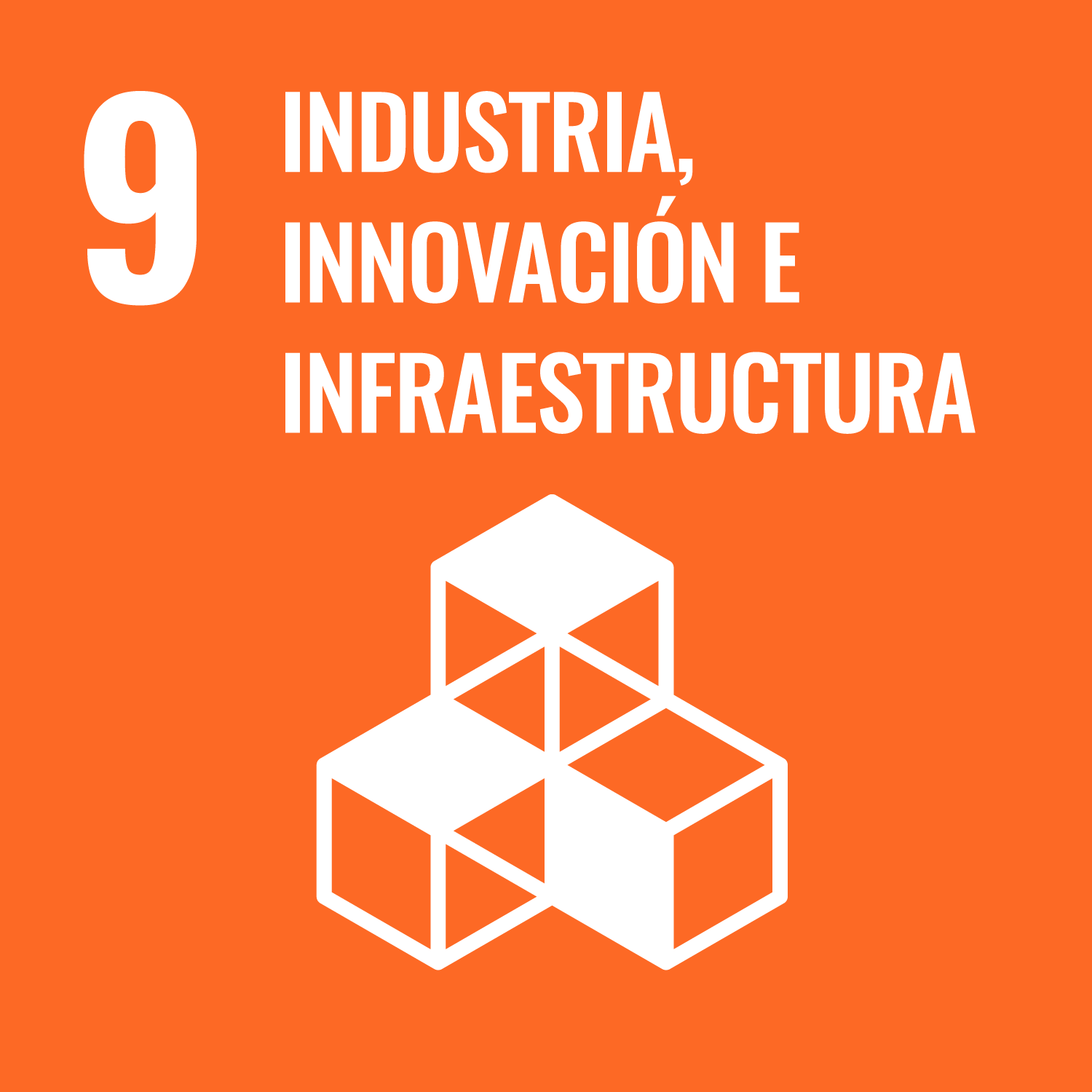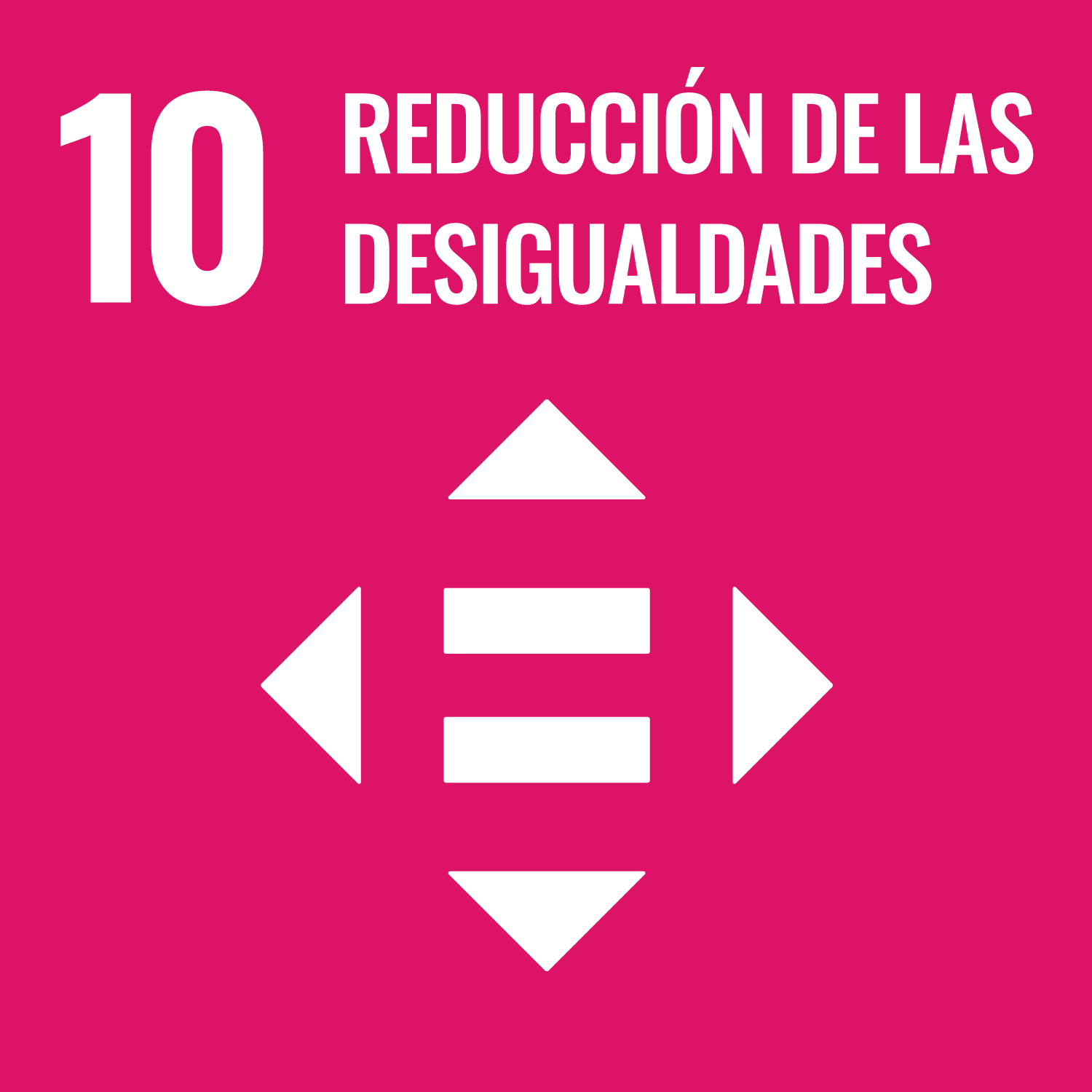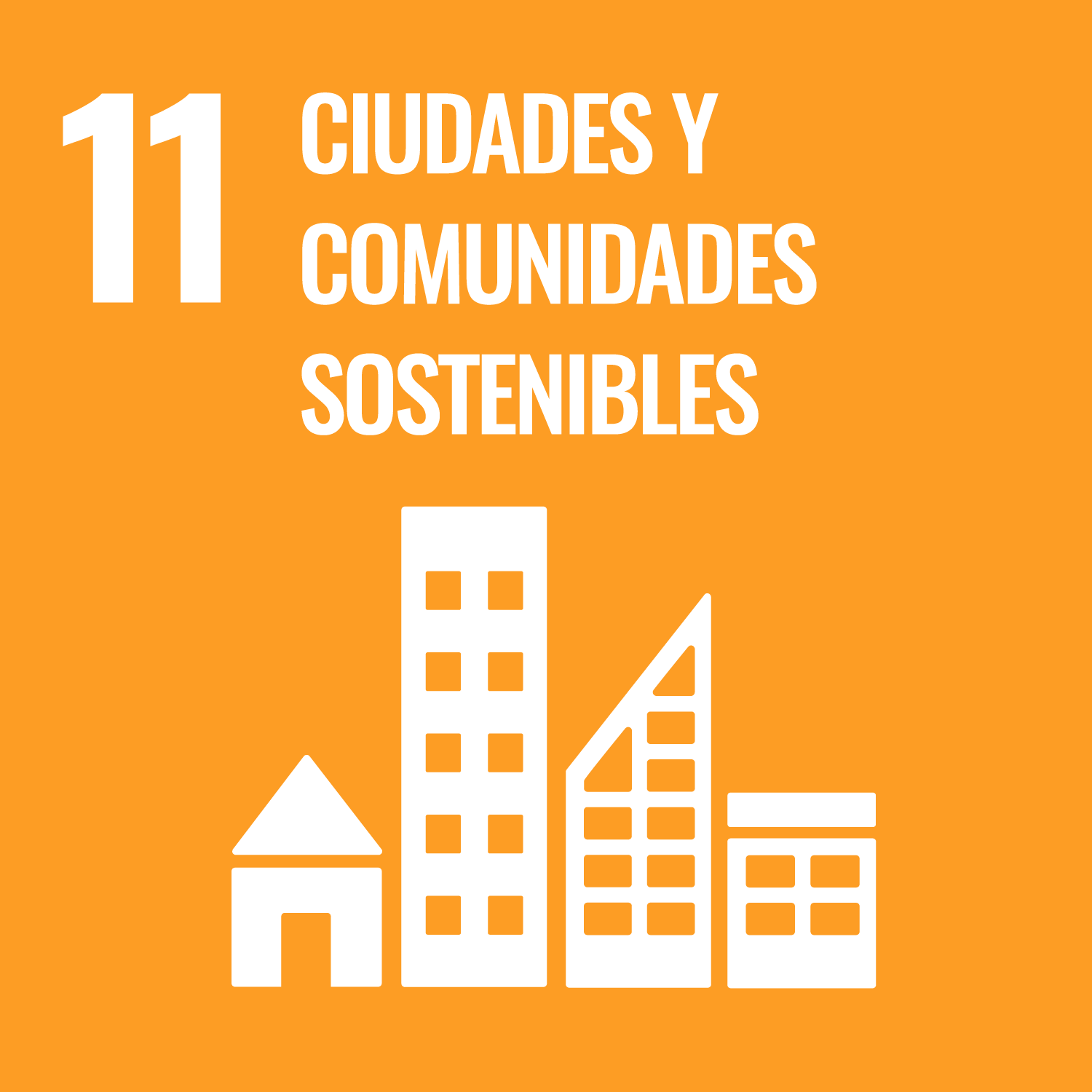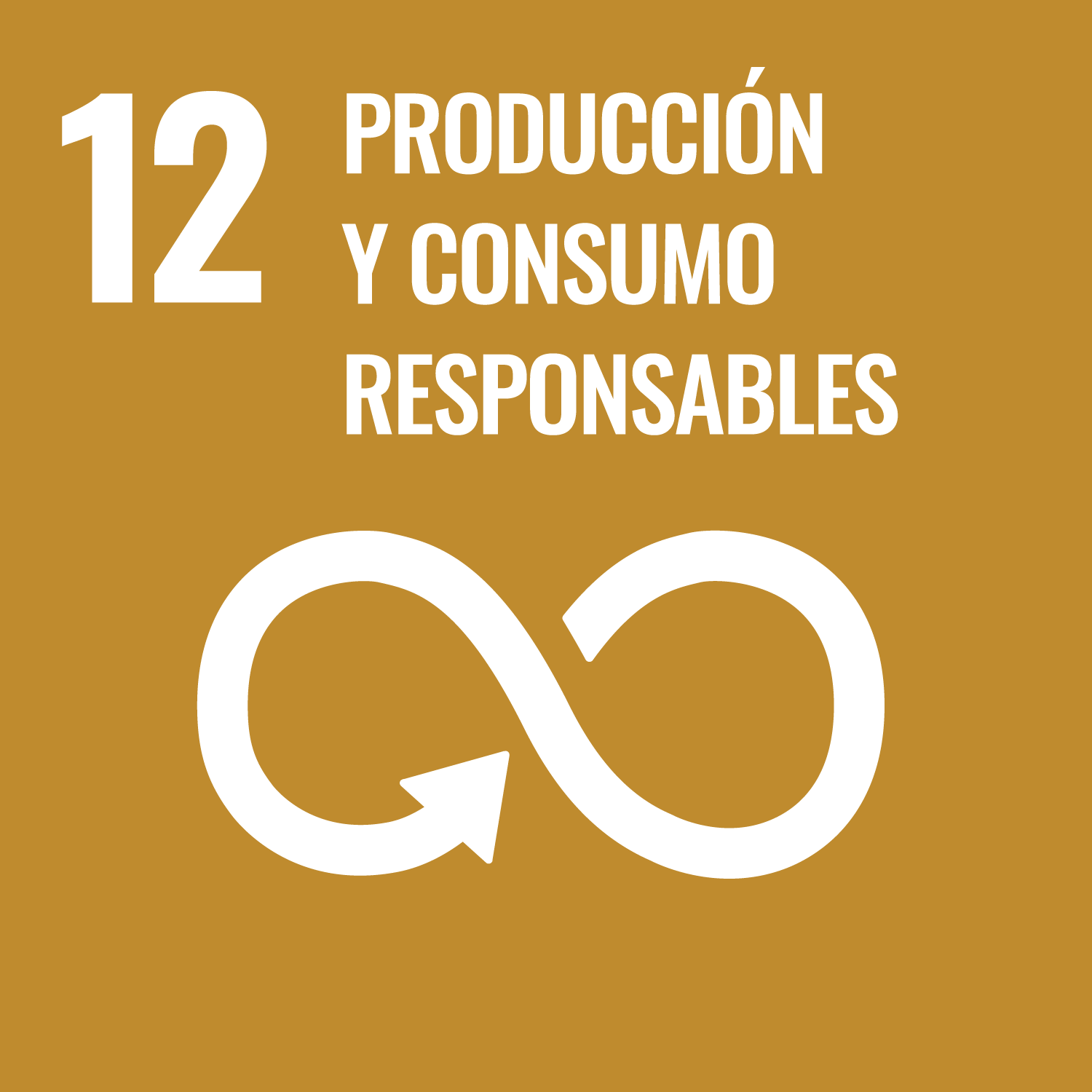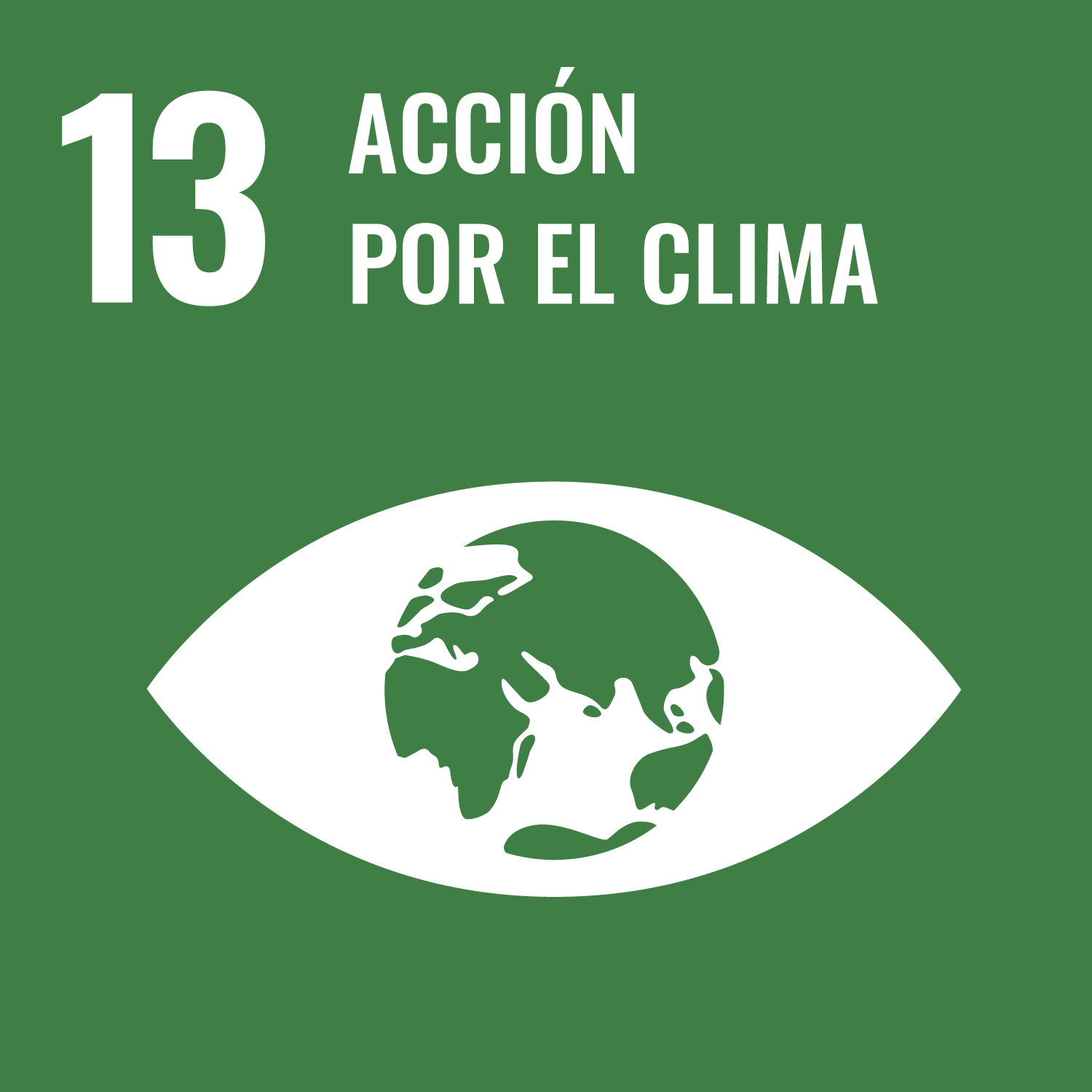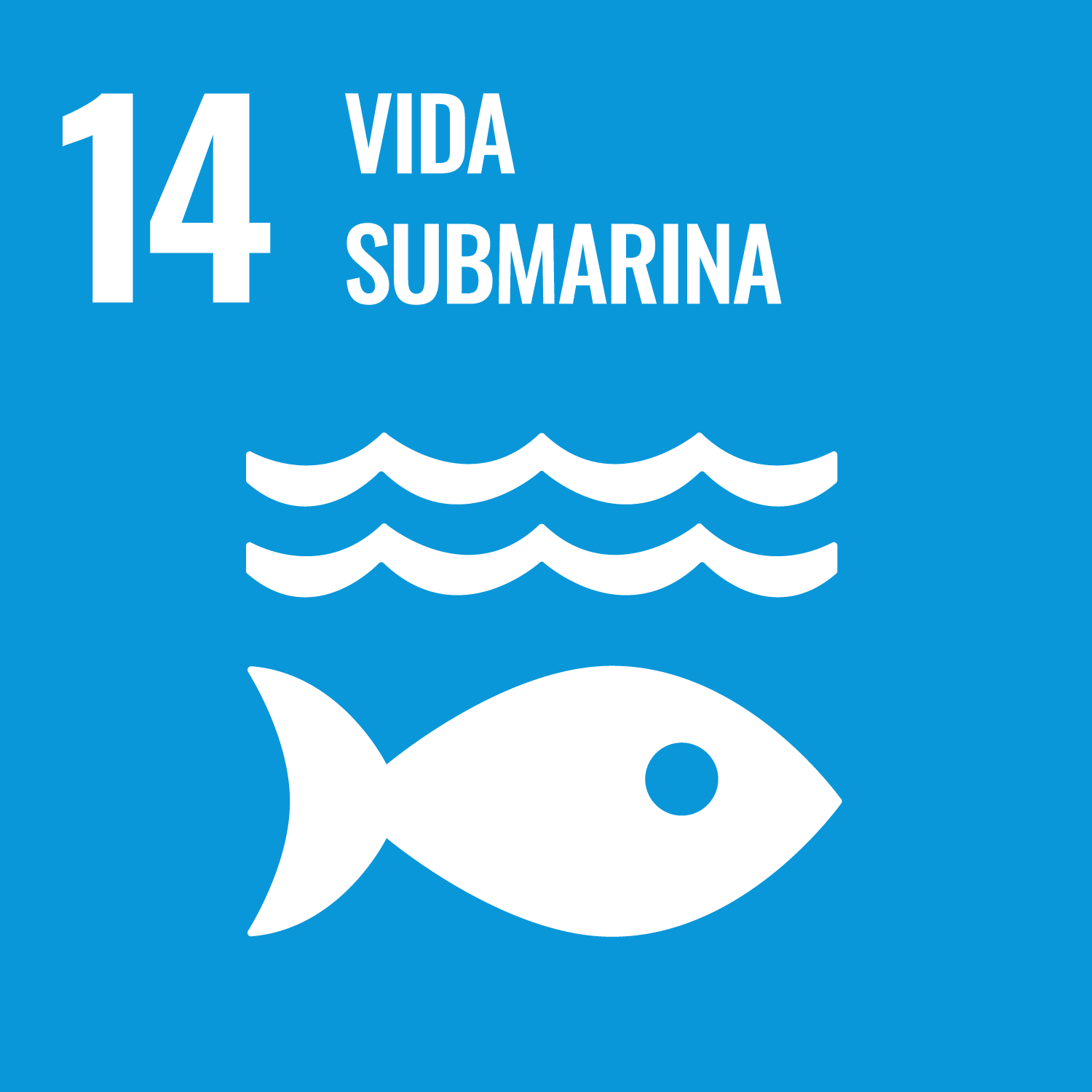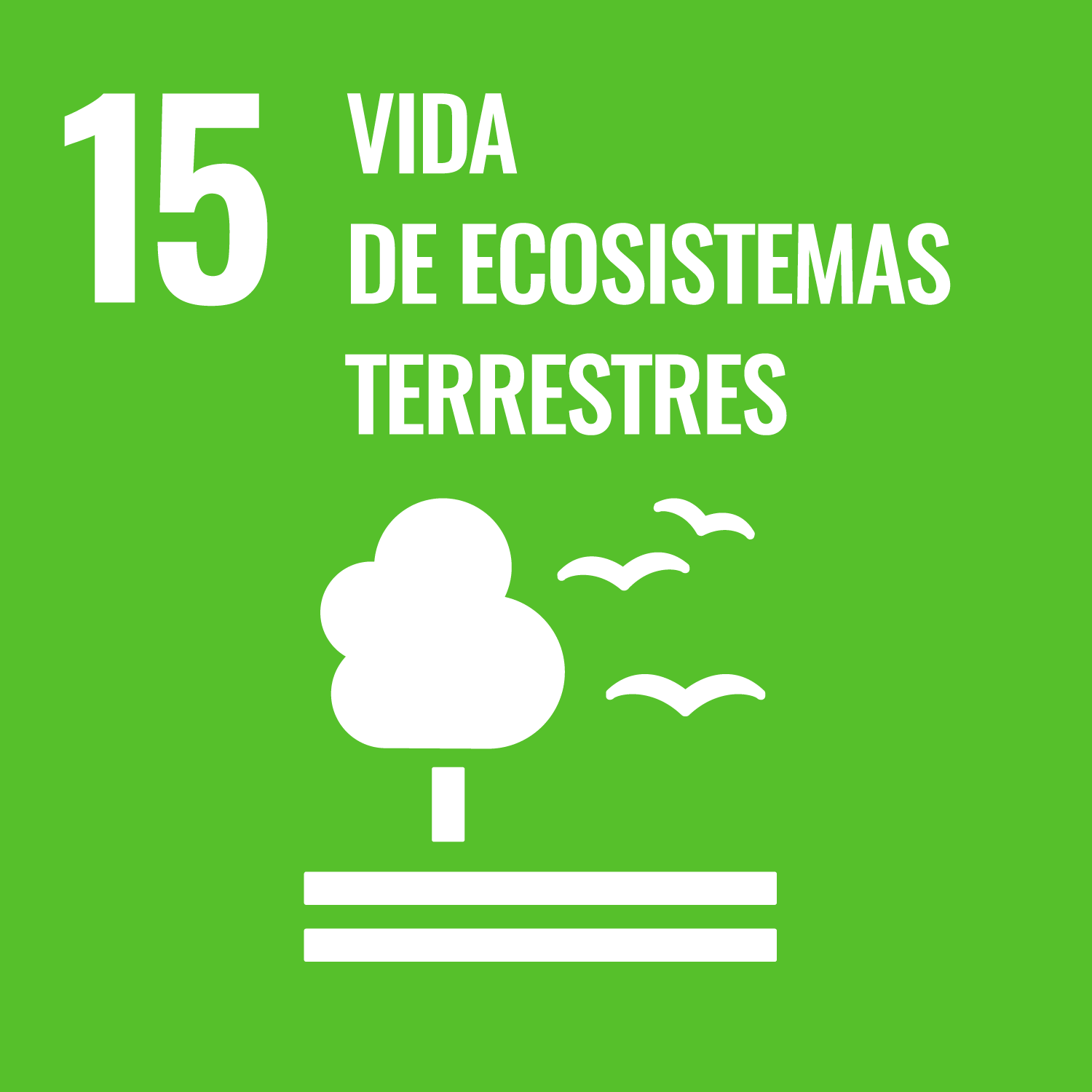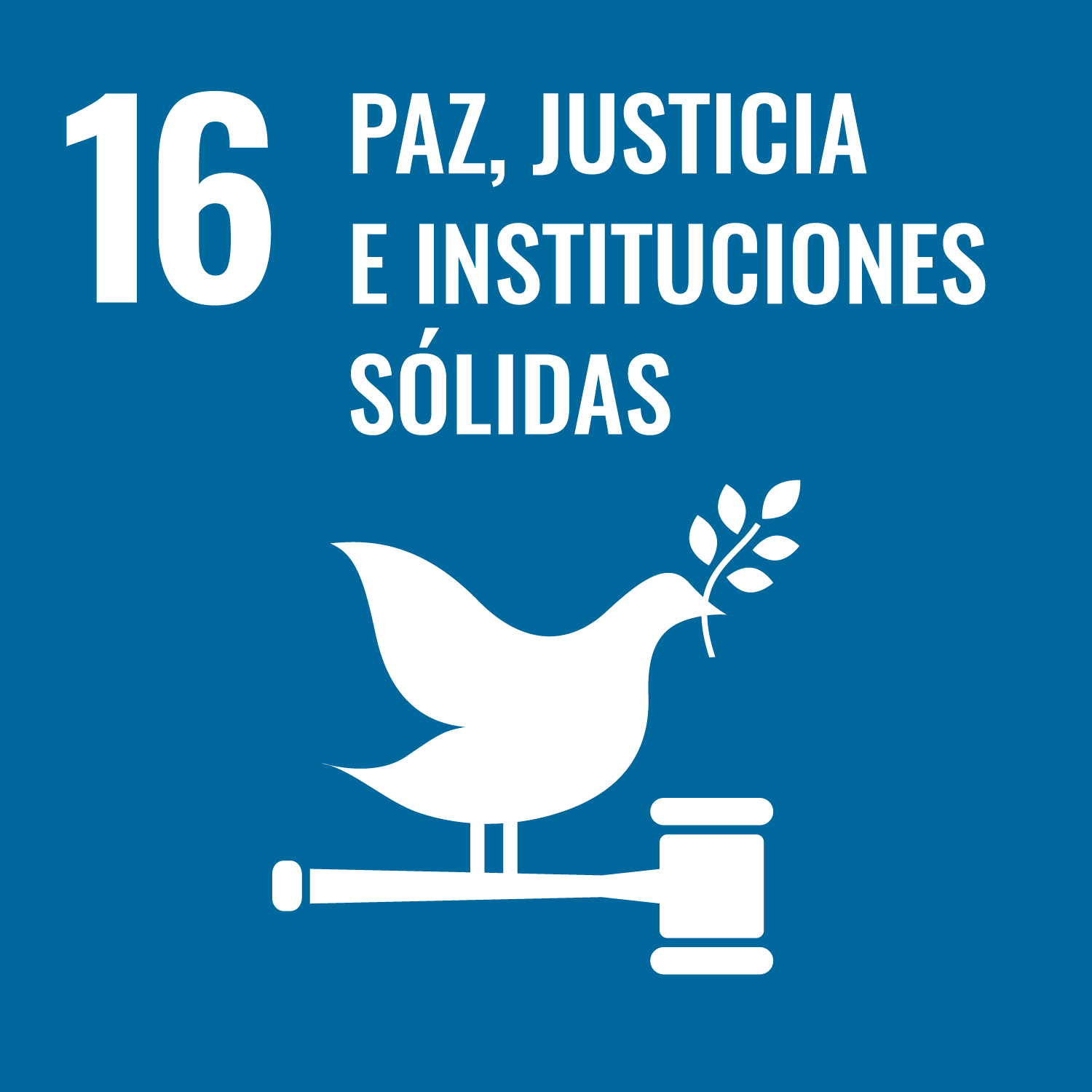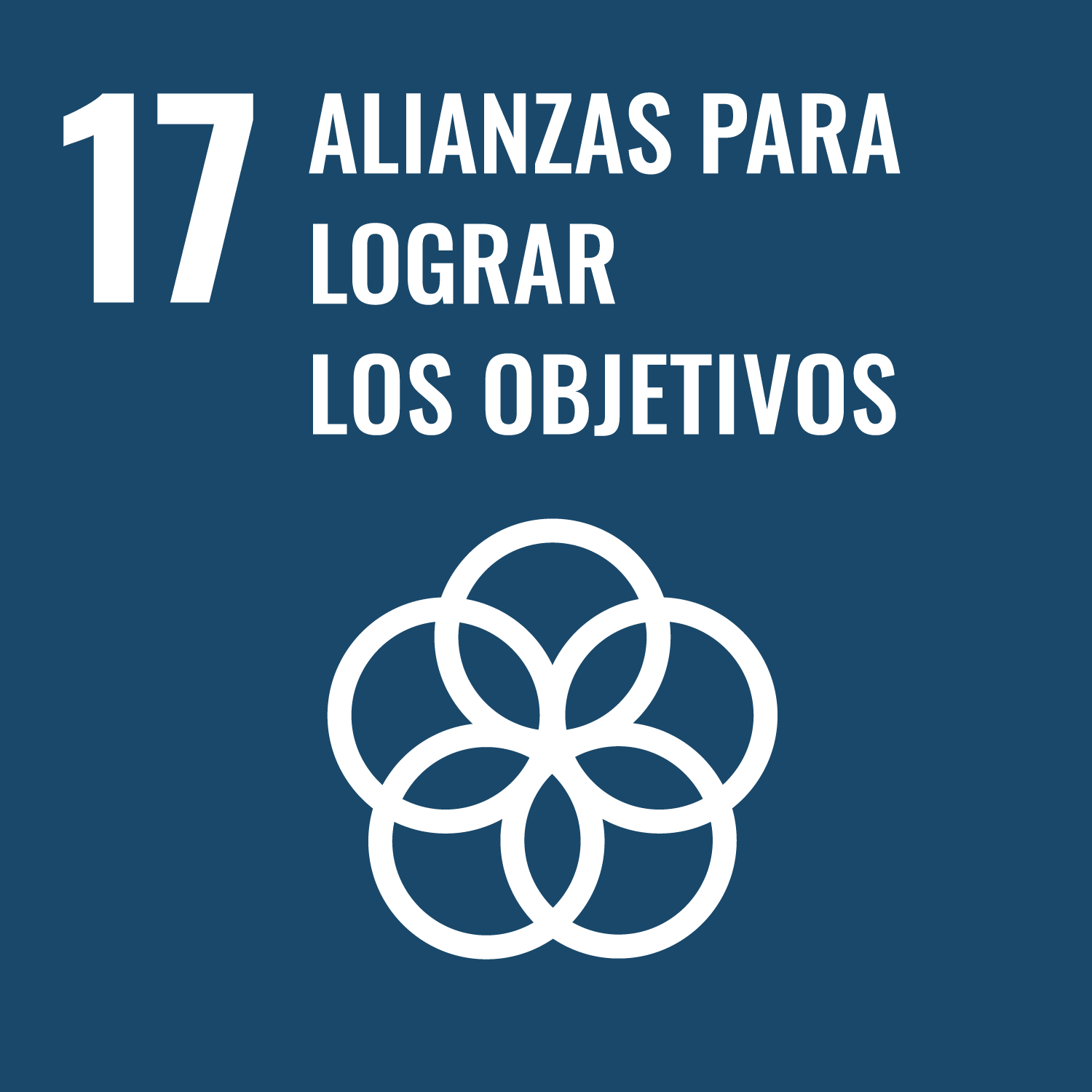The ILO-led UN Joint Programme (UNJP) “Extending Social Protection to Herders with Enhanced Shock Responsiveness” has three main areas of intervention regarding increased social protection of herders, one of which is introducing a shock responsive element into the social protection system to ensure protection from climate-related shocks.
One of the most adverse shocks in Mongolia includes climate-related shocks driven by climate change, including dzud (severe winter in which many livestock die). Dzud has become more frequent and severe, and herders and their children are more vulnerable to it. Therefore, strengthening the current social protection scheme with enhanced shock responsiveness during climate and non-climate shocks is significant. In this regard, UNICEF Mongolia has carried out a pilot project in Zavkhan province as part of the joint programme to strengthen shock responsiveness in the social protection system.
The first phase of the pilot project was an early response to dzud. UNICEF Mongolia provided cash assistance worth MNT40,000 (approximately $15) to children below five years old from four soums (provincial lower administrative unit) in Zavkhan province in collaboration with the Ministry of Labour and Social Protection in December 2019. The second phase of the pilot targeted shock response to dzud, and children under five years old in Zavkhan received cash assistance of MNT20,000 (approximately $7) for three months from February 2020 to respond to harsh winter conditions.
The pilot was implemented using the Government’s existing Child Money Programme (CMP) structure to support households with young children experiencing income restraints due to severe winter situations. To monitor the effectiveness of the pilot project, UNICEF Mongolia carried out a study and found out that parents used cash assistance for warm clothes, food, and medicines for their children.
Moreover, the pilot project evidence and post-distribution monitoring findings informed the Government of Mongolia’s response to the pandemic outbreak as the Government decided to increase the CMP to MNT 100,000 (approximately $36). Currently, UNICEF Mongolia is working with the Government on improving the legal environment for social welfare with shock-responsive elements based on the evidence from the pilot and the studies carried out to measure the effectiveness of the pilot.
Enkhnasan Nasan-Ulzii, Chief of Social Policy at UNICEF Mongolia, said, “The key to maintaining the sustainability of the pilot is strengthening the existing system. We are looking at different approaches such as policy advocacy based on our evidence from the pilot and improving the legal environment for social welfare such as adding a provision related to enhanced shock responsiveness.”


